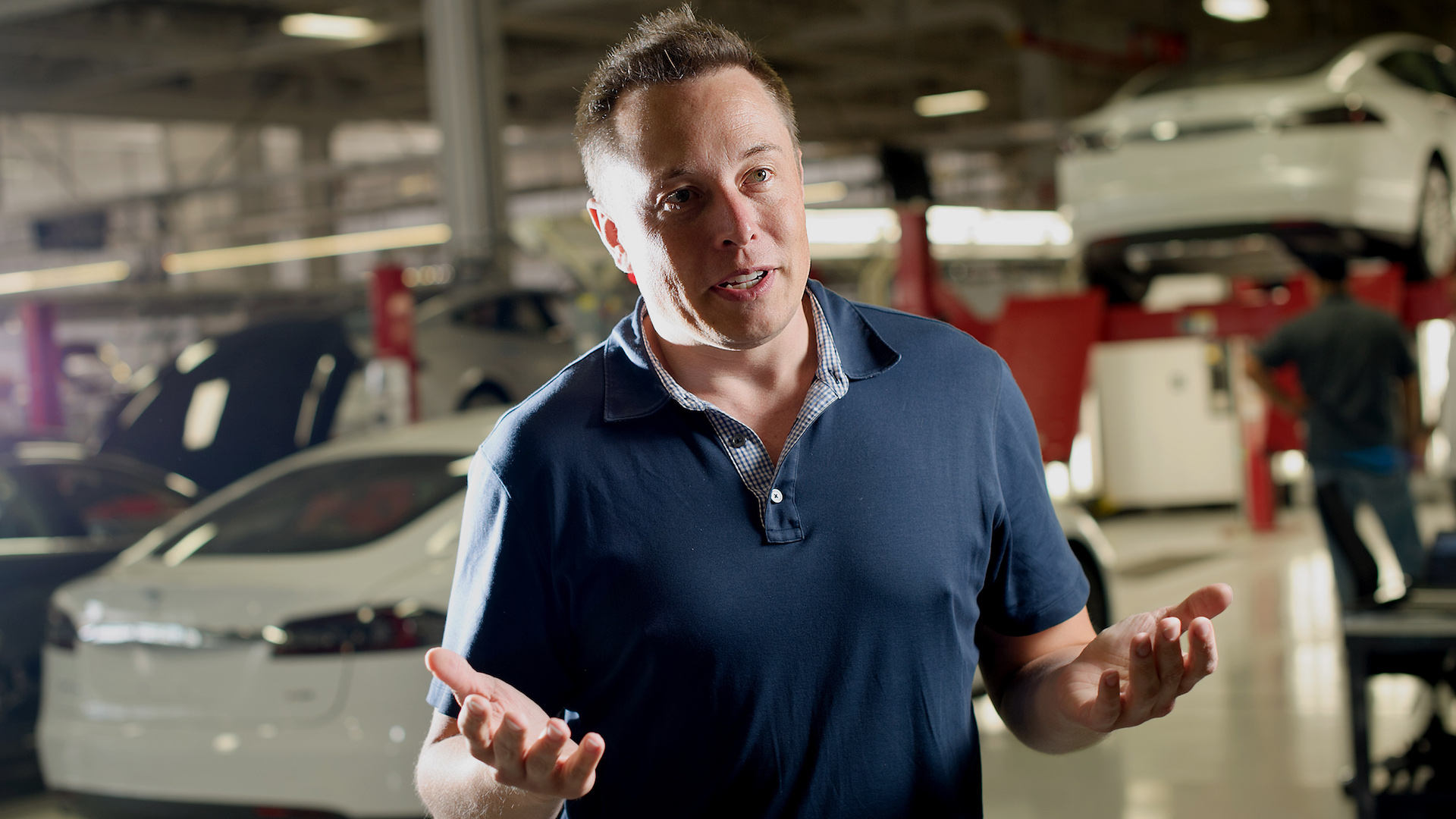

Looks like “production hell” isn’t going over so well with Tesla’s employees. According to a complaint filed by three employees and the United Auto Workers union (UAW), Tesla has been reportedly encouraging unfair practices by forcing employees to work long hours, offering unfair wages, and by allowing hazardous conditions in the work environment.
Tesla can reportedly be a difficult place to work. While its current and former employees seem to regularly flock to social media to complain about the working conditions, this practice may result in less-than-favorable actions against the employees, if what the complaint states is true. According to the three employees who filed the complaint alongside the UAW, they were required to sign a document which indicated that employees may face termination or even criminal prosecution should they speak to the media or publicly about anything observed at work, or even their working conditions.

It was believed that this increase in work requirements would create tension between Tesla and its employees, and it appears that has finally come to fruition based on this latest allegation. The National Labor Relations Board began to investigate the claim brought forth by the accusers, and believes that Tesla not only violated the workers’ right by requiring them to sign a non-disclosure agreement with regards to their safety and conditions at work, but also allege that Tesla has committed violations to federal law by harassing and intimidating its employees.
Tesla denies the claims, according to The New York Times:
These allegations, which have been filed by the same contingent of union organizers who have been so outspoken with media, are entirely without merit.
Statement from Tesla
Tesla must file a response by September 14th, 2017—two months before its hearing is scheduled in Oakland, California. It’s unclear what the penalties will be should Tesla be found responsible for the claims made against it, though this will likely be determined later should blame fall on the auto manufacturer.
For now, the production hell load on employees may need to be lightened a bit, all while still meeting the carmaker’s pledged goal of producing 10,000 units per week by 2018.